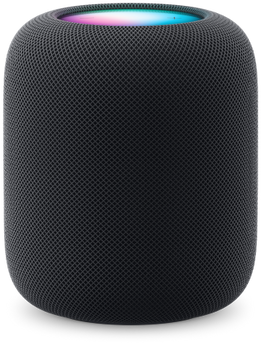Meta has recently announced the release of Llama 2, an upgraded version of its open source language model. This new and improved language model is capable of handling cloud services such as Microsoft Azure and AWS, as well as running on local hardware such as PCs or high-end smartphones.
Llama 2 is now available for immediate use and is free for both research and commercial purposes. Meta has stated that Llama 2 has been trained with forty percent more data compared to its predecessor, Llama 1, resulting in faster response times. This large language model allows companies and researchers to create generative AI applications. Meta has released this language model open source, enabling developers and researchers to identify any errors which Meta can then address.
Included with the language model are the model weights and starting code necessary to transform it into a conversational tool. Meta has collaborated with Microsoft to introduce Llama 2 and it is now immediately available in Microsoft's Azure AI catalog. Additionally, this language model is compatible with cloud services provided by companies such as Amazon Web Services and Hugging Face.
Meta has also disclosed that the language model can be utilized on local hardware, including Windows PCs. In a separate announcement, Qualcomm has declared that flagship smartphones and PCs equipped with Qualcomm SoCs will soon be able to locally run Llama 2 starting in 2024. This eliminates the need for users to rely on cloud services in order to leverage generative AI powered by Llama 2, a move that Qualcomm asserts enhances security, privacy, reliability, and cost efficiency. Qualcomm envisions a wide range of applications for this language model, including intelligent virtual assistants, productivity tools, content creation software, and entertainment features.
Meta reports that extensive security testing has been conducted on the llm by both internal and external teams and they pledge to continue this practice, iterating and enhancing future language models based on these tests. Llama 1 was initially released by Meta in February, specifically for scientific research purposes, and the company notes receiving over a hundred thousand requests for access to the inaugural language model.









 English (US)
English (US)